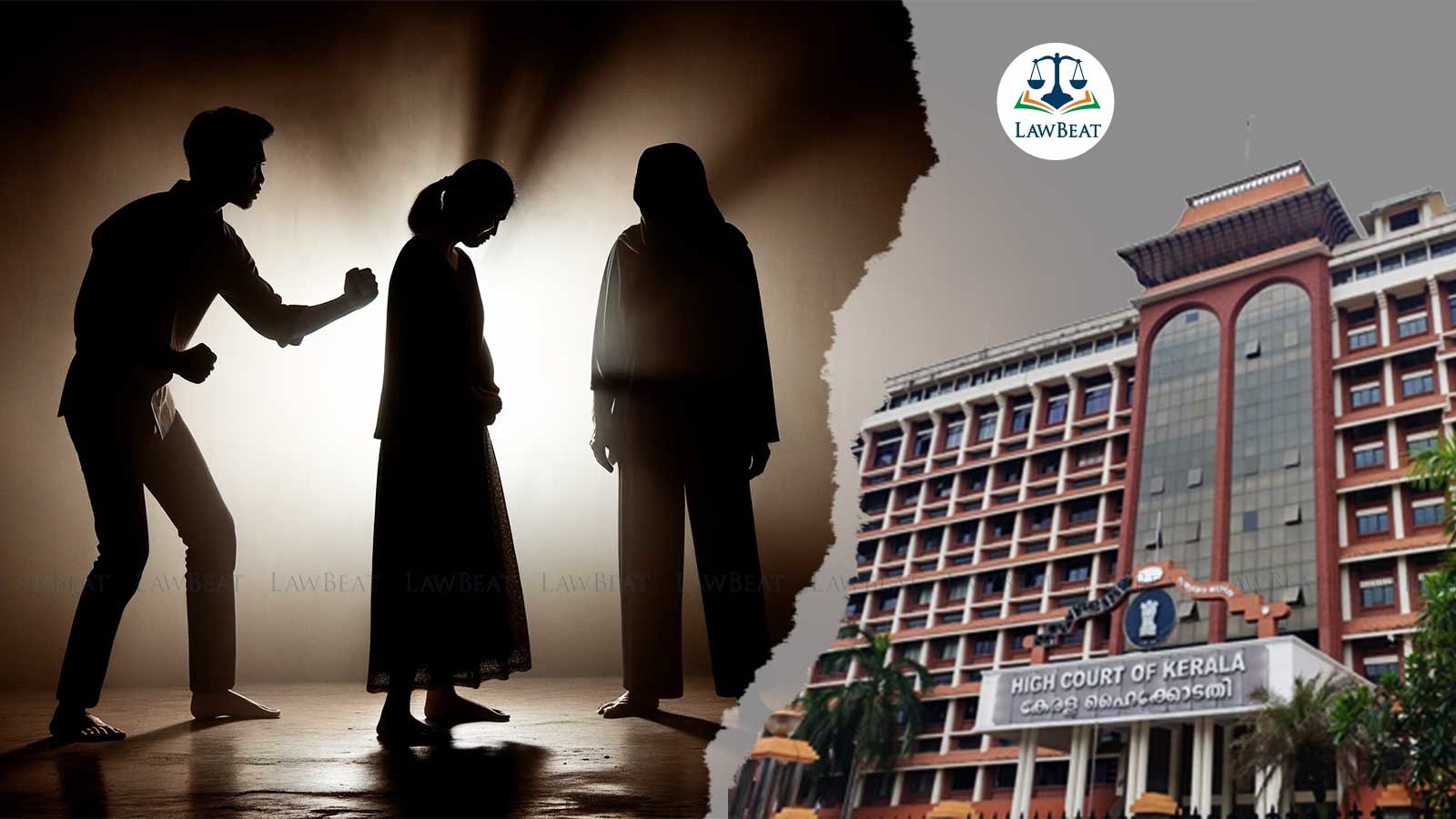Court Must Verify Allegations Amid Vengeance-Driven Misuse of Section 498A by Wives : Kerala HC

The court noted that “certain wives initiate criminal proceedings on the strength of vague and omnibus allegations against the parents, sisters, brothers and other relatives of the husband with ulterior motive”
The Kerala High Court has flagged the misuse of Section 498A of the Indian Penal Code (IPC), dealing with the offence of ‘Husband or relative of husband of a woman subjecting her to cruelty’ by some wives to target their husbands and in-laws, emphasising the necessity for courts to exercise careful judicial scrutiny in allegations arising from matrimonial disputes to prevent the abuse of law.
Justice A. Badharudeen, presiding over the case, noted that “in matrimonial disputes, in order to wreak vengeance against the husband and relatives of the husband, certain wives initiate criminal proceedings on the strength of vague and omnibus allegations against the parents, sisters, brothers and other relatives of the husband with ulterior motive to put them under the veil of prosecution involving non-bailable offences and to face the ordeal of criminal prosecution and trial by the parents, sisters, brothers and other relatives of the husband, so as to malign and defame their image in the society.”
In such cases, the court said, it owes a duty to subject the allegations levelled in the complaint to a thorough scrutiny to find out, prima facie, whether there is any grain of truth in the allegations or whether they are made only with the sole object of involving certain individuals in a criminal charge. “The cases where no specific allegations to go for trial, prima facie, such cases shall be quashed by the High Court by invoking power under Section 482 of the Cr.P.C. At the same time, when specific allegations pointing out the overt acts which would attract the offence under Section 498A could be seen, prima facie, from the prosecution case, such cases shall not be quashed,” the court held.
The case involved allegations of cruelty, including dowry demands against the mother-in-law, 61-year-old Shyamala Bhasker, the second accused in a case. The complainant, 37-year-old Jisha, accused her mother-in-law, Shyamala Bhasker, of abetting her son (the first accused) to cruelty and render ill treatment to his wife continuously, both physically and mentally. The complainant also alleged that the mother-in-law became a spectator and she did not interfere to stop her son when he beat up his wife.
Contrarily, the mother-in-law sought to quash the final report against her, arguing that the allegations were vague and lacked specific instances of criminal behaviour.
The court observed that the allegations against the mother-in-law merely claimed that she abetted the crime without detailing any specific overt acts or clearly explaining how she ill-treated or persecuted the complainant. Additionally, the court observed that the statements from the complainant’s parents were based on hearsay and lacked direct evidence of the alleged cruelty by the mother-in-law.
The court, addressing the central issue, “whether the accusations against the mother-in-law warranted prosecution under Section 498A of the IPC?” ruled in favour of the mother-in-law, emphasising the need for precise and substantial allegations to justify a trial under Section 498A.
The court stated “In the instant case, as I have already pointed out, only general and sweeping allegations without bringing on record any specific instance of cruelty at the instance of the mother/2nd accused is the substratum on which the mother got arraigned as an accused.” Therefore, allowing the petition for quashing the complaint against the mother-in-law.
Cause Title: Shyamala Bhasker v State of Kerala [CRL.MC NO. 4360 OF 2019]
